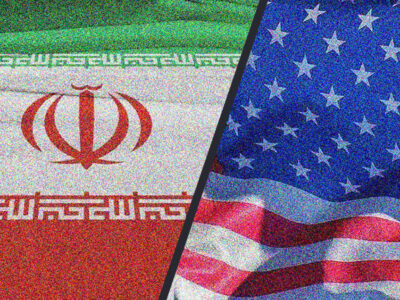Payam Javan: In a significant policy shift, the UK’s Foreign Secretary David Lammy announced on September 2 that the country will suspend the sale of certain arms to Israel. This decision follows a review prompted by the Labour Party’s recent election victory. The suspension affects only about 30 of the 350 arms export licenses, focusing on equipment that could potentially be used in Gaza, including components for military aircraft and technology for ground targeting. Lammy emphasized that this action is driven by concerns that these arms might facilitate violations of international humanitarian law.
Despite this partial ban, Lammy clarified that the UK’s arms exports to Israel are relatively minor, constituting just 0.02 percent of Israel’s total military imports. The suspension is not intended as a blanket arms embargo but rather a necessary step to ensure compliance with the Strategic Export Licensing Criteria. The UK government is not attempting to judge Israel’s actions or exert pressure, but rather to fulfill its legal obligations in reviewing export licenses.
In response, Israel’s Minister of Defense Yoav Gallant expressed strong disapproval of the UK’s sanctions. On September 3, Gallant voiced his disappointment, highlighting the ongoing conflict on multiple fronts and the recent execution of hostages by Hamas. He asserted that Israel remains steadfast in its defense and efforts to recover hostages, while condemning the UK’s decision as untimely and unhelpful in the current crisis.









